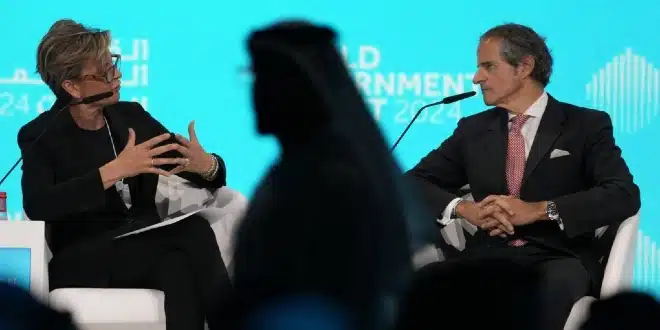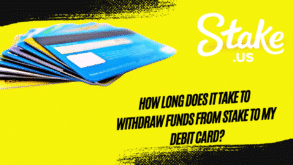The United Nations’ nuclear watchdog’s head, Rafael Mariano Grossi, issued a caution regarding Iran’s nuclear program, citing a lack of transparency. This concern was amplified by comments from Ali Akbar Salehi, a key figure in Tehran’s nuclear efforts, suggesting Iran possesses the necessary components to assemble a nuclear weapon. Grossi’s warning, delivered at the World Governments Summit in Dubai, emphasizes the growing anxieties in the Middle East, particularly against the backdrop of Israel’s conflict with Hamas.
Iran’s nuclear pursuits have intensified since the disintegration of the 2015 nuclear agreement with global powers, reaching levels of uranium enrichment just shy of what’s needed for weapons. Despite accumulating sufficient enriched uranium for multiple weapons, assessments by the U.S. and other entities indicate Iran hasn’t embarked on weaponizing its nuclear material. Israel, meanwhile, is believed to maintain its nuclear arsenal.
Grossi underscored the peril of Iran’s opaque stance on its nuclear activities, highlighting recent Iranian declarations about its nuclear capabilities. Iran’s commitment to the Treaty on the Non-Proliferation of Nuclear Weapons, which includes IAEA oversight to verify the peaceful nature of its nuclear program, contrasts with these provocations.
Salehi’s statements on Iranian television, implying the country’s readiness to assemble a nuclear weapon, mark a significant rhetorical shift. This comes as Iran, through proxies like Hezbollah in Lebanon and the Houthi rebels in Yemen, escalates regional tensions, including threats to commercial shipping.
Moreover, Iran demonstrated its military advancements by launching a ballistic missile from a modified container ship, showcasing its ability to conceal such weapons on civilian vessels. This development further complicates the regional security landscape, highlighting the critical need for transparency and dialogue to prevent escalation.


